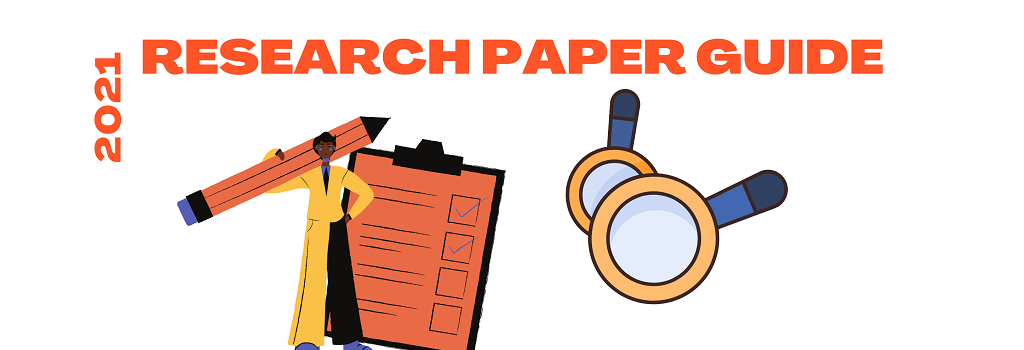Writing Manual on Research Papers by Academic Experts

Quick Guide on Research Paper
Scroll the summary of the main academic study rules you need to know. No overwhelming details, just direct answers to direct questions.
How to Formulate Thesis?
Read textbooks, class notes, articles, and news on your specialization. Write down questions that have interested you. And then just go deep into each of them until you’re a hundred percent sure.
A thesis is a narrow steel axis of research, so make sure it’s tied to a personality, city, particular phenomenon, event, etc. On the other hand, if you can’t find good results, you might want to expand your scope or shift focus to a similar object.
Where to Search for References?
University libraries and e-libraries, JSTOR, Academia, Google Scholar, scientific journals… The question is how to find that One paper in the infinite Internet archive.
And you have two ways. First is roaming secondary sources to save links you think may relate. The second is using keywords from your thesis and articles of your interest. Differentiate your collectibles by names, titles, years, keys, and index numbers.
How to Estimate Sources?
Read more about the author who wrote the paper and the communities he or she participates in. Consider how old the study is and whether you can find some more recent knowledge. If everything is okay, try to find wrong interpretations, biases, measurement errors, violations of rules—in other words, you must weigh positive and negative experiences.
Where to start?
Distribute information you possess among three main blocks and a few more chapters. You can change the number of chapters depending on the type of your research paper. At the very end, fill Abstract, Table of Contents, and References pages.
Introduction
- Formulate a thesis sentence;
- Mention recent contributions, maybe even chronology, if it will help your reader;
- Tell why your issue is important and how your research is going to solve a problem.
Body
In Methodology:
- Describe your algorithm of analyzing references;
- Mention co-authors;
- Explain the details of your experiment.
In Results:
- Report findings without evaluation and analysis.
In Discussion:
- Insert charts, diagrams, sheets;
- Analyze why you have such results;
- Polarize or unite views of earlier contributors, explain the flow of your logic in search for truth;
- Claim a range of arguments and prove you’re right.
Conclusion
- State if you succeeded in your task, and if not, why;
- Tell whether you expected to dig up this information;
- Write down results with explanations;
- Suggest the direction for further research.
How to Refine the Final Version?
At the end of the day, you should double-check your instructor’s task. Then fix mistakes, factual and logical fallacies, and don’t forget about formatting. Give the paper to your friend or mentor to hear a critical review, and—voilà!—the research paper is ready to defend your grades!
